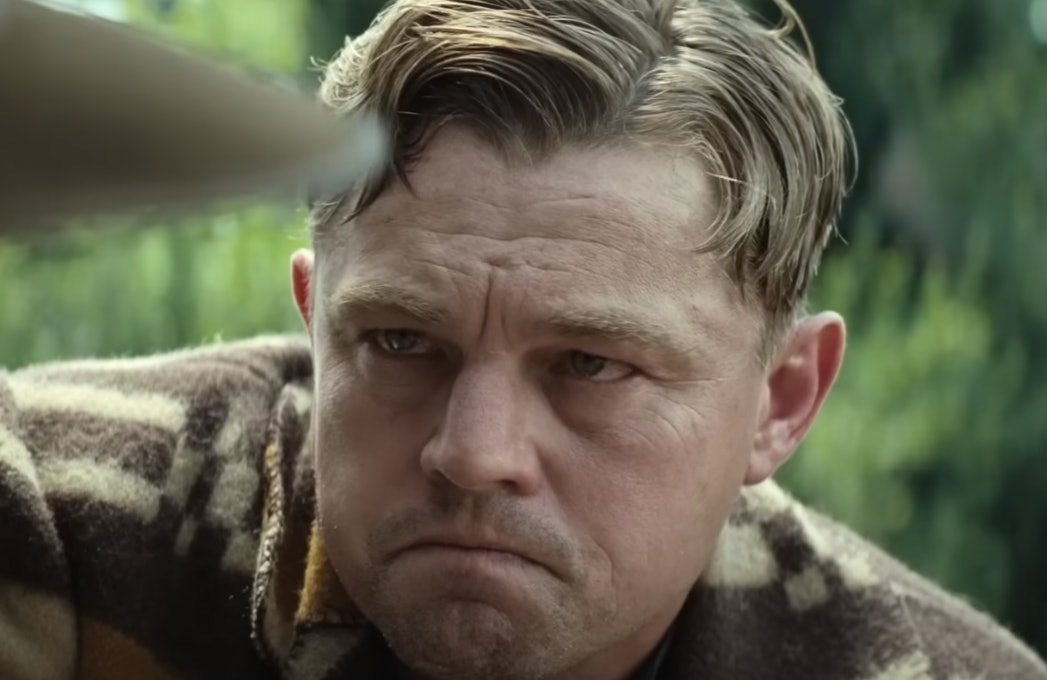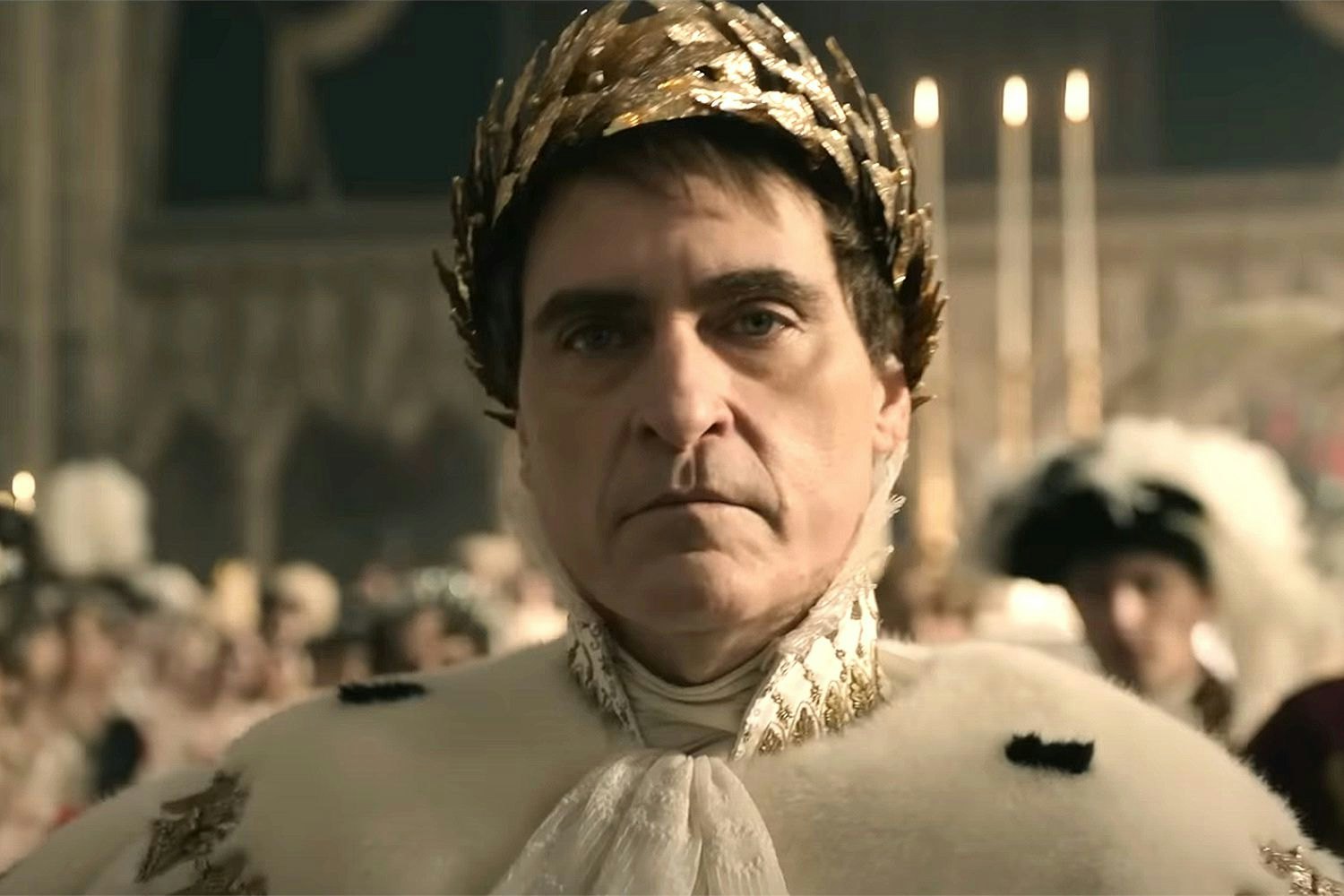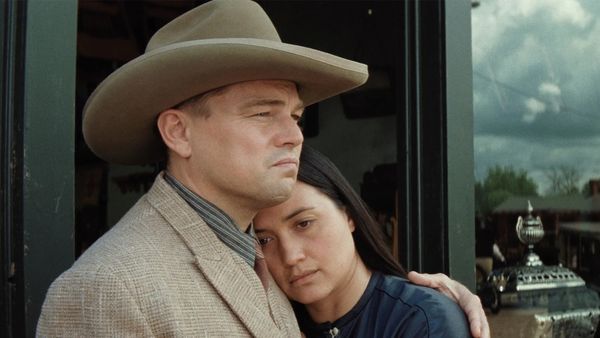
Against all odds, Oppenheimer had a seismic impact at the box office.
Christopher Nolan’s heady biopic was predicted to fade into obscurity opposite its flamboyantly pink rival Barbie for several reasons:
- Its heavy subject matter (war is hell, after all, and nuclear war is even worse).
- Its runtime (clocking in at over three hours).
- Its head-spinning sequences about physics (which, for the non-scientists among us, are fiendishly difficult to follow).
The biopic is also an infamously tough genre to crack. Last year alone, the genre had multiple flops including Blonde, I Wanna Dance with Somebody, and A Journal for Jordan. But Oppenheimer defied expectations, outrunning 2018’s Bohemian Rhapsody to become the highest-grossing biopic to date (even if it couldn’t come close to Barbie’s billion-dollar run).
What sets Oppenheimer apart, however, is that it bypasses the usual biopic formula. Rather than making a straitlaced cinematic ode to a lovable celebrity or admirable historical figure, Nolan chose to tell the story of an undeniably reprehensible character. Undeniably a genius, J. Robert Oppenheimer’s creation led to the death of hundreds of thousands of people and still has the potential to wipe out humanity. His moral complexity is what makes the movie so compelling.

It’s also not the only blockbuster movie this year told from the perspective of one of history’s “bad guys.” Take Napoleon, the hugely contentious French leader who reinstated slavery, fired cannons into the Egyptian pyramids (allegedly), and was so hellbent on invading Russia to assert his military heft that nearly 300,000 French soldiers died in the process — a fact emphasized in Ridley Scott’s biopic treatment of the emperor. Joaquin Phoenix’s rendition cuts the man down to size. He visibly hyperventilates on the battlefield, is cheated on in a painfully public fashion by his true love Josephine (and is excruciatingly bad in bed), and eventually drops dead in one of the most undignified ways imaginable.
Then there was Killers of the Flower Moon, told entirely from the point of view of Ernest Burkhart, a real-life scheming murderer who attempts to get his hands on his Osage wife’s oil money. Martin Scorsese’s unspooling, slippery examination of racism, complicity, and historic amnesia surrounding the Osage murders has had its fair share of criticism for its choice of perspective — but this decision emerges from it also being a movie interested (for better or worse) in the motivations behind those heinous killings and how these repugnant real-life killers were enabled to commit their crimes.

Despite (or arguably because of) these appalling characters, audiences have turned out in droves. While there have been other critically acclaimed biopics this year (NYAD, Priscilla, Maestro), none have garnered as much attention — or as much cash — as these, with Oppenheimer effortlessly outstripping them all. The similarities between these three films are almost uncanny, each a high-budget, towering epic (or anti-epic, perhaps?) dedicated to people — unmissably all male — who don’t really deserve their own film. The colonial subtext (to create a testing ground for Oppenheimer’s nuclear weapons, Indigenous families were displaced from Los Alamos) linking the cinematic trio is also glaringly obvious.
These biopics are a far cry from the sugarcoated tributes to musical legends or sporting mavericks who have long overrun our screens. And in some ways, with the pressure from fan bases to do an icon justice, it’s hardly surprising that filmmakers taking on the likes of David Bowie or Princess Diana failed to crowd-please. But Nolan, Scott and Scorsese’s unrestrained, gargantuan visions are anything but glowing character studies, instead laced with an almost delicious kind of irony. The very act of devoting three hours to some truly unpalatable people is, in and of itself, a clever way of turning the genre on its head and making fun of a grandiose form.

Then, of course, there’s another parallel between these three films. Each is helmed by a well-established, influential, white male director — in turn making a film about problematic, power-hungry white men. It seems like a steep departure from the “great men” films that have come before, from chroniclings of the lives of revered warriors (think Braveheart, Gladiator, or Lawrence of Arabia) to movies that look up in awe at male political leaders (Lincoln, Gandhi). The directors of these fresh biopics are indisputably self-knowing, reckoning with an uncomfortable legacy of male-dominated cinema, sitting uneasily with their status as auteurs, and taking the men at the center of their films deliberately down a notch.
The taste for biopics about bad people hasn’t come out of nowhere. In 2020, two dramas about the same period of history went head-to-head: Mrs. America, about the ardent anti-feminist Phyllis Schlafly; and The Glorias, about the powerhouse equal rights campaigner Gloria Steinem. It’s obvious which figure was on the right side of history, but the Rotten Tomatoes approval rating of 96% for the former and meager $30,940 box office takings for the latter suggest viewers are tired of portraits overflowing with eulogizing praise.
Ultimately, however, what packed out theater seats this year wasn’t the shocking misdeeds of Oppenheimer, Napoleon, or Burkhart, but the conversations their portrayal has sparked on social media, in offices, and among friends. Now more than ever, it’s this roaring debate that’s keeping the biopic — and cinema in general — alive.










